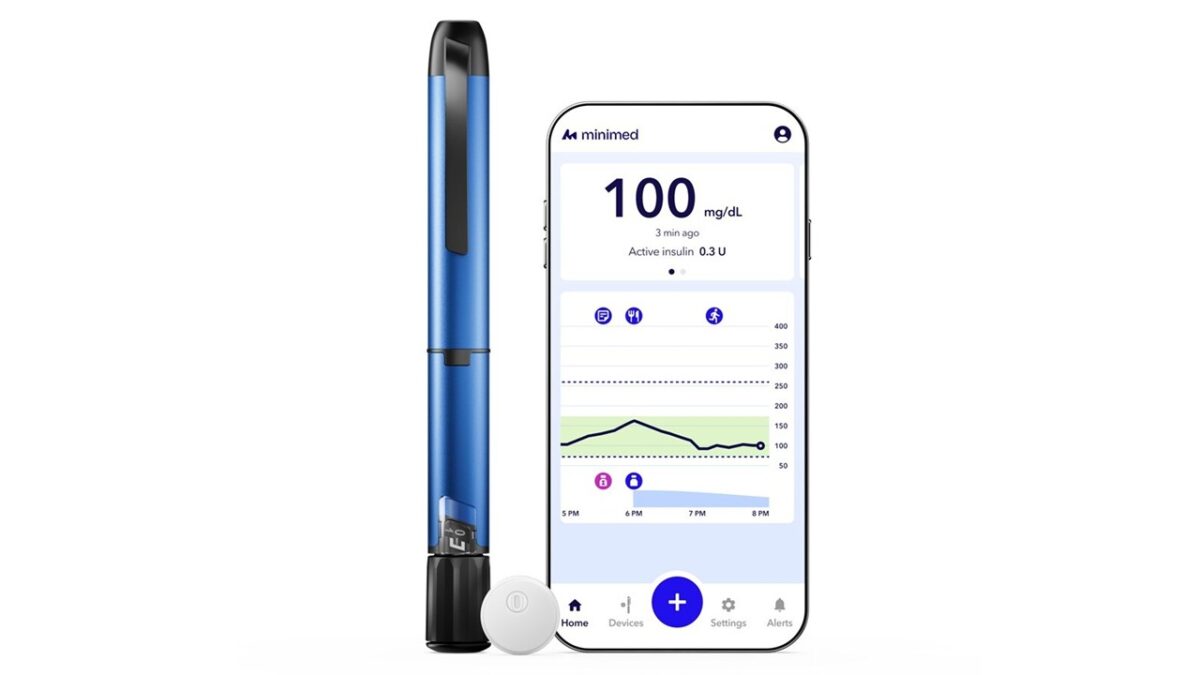The FDA has approved Inluriyo (imlunestrant), developed by Eli Lilly, for treating adults with estrogen receptor-positive (ER+), human epidermal growth factor receptor 2-negative (HER2–), ESR1-mutated advanced or metastatic breast cancer. This applies to patients whose disease has worsened after at least one line of endocrine therapy.
The FDA also approved the Guardant360 CDx blood test as a companion diagnostic to identify eligible patients.
Inluriyo blocks and breaks down estrogen receptors, which many breast cancers rely on to grow. By degrading receptors altered by ESR1 mutations, it disrupts a key pathway that drives tumor growth.
Breast cancer is the second most common cancer worldwide, with an estimated 2.3 million new cases in 2022. In the US, more than 310,000 new cases are expected in 2024. While survival rates are high for early-stage disease, only about 30% of patients with metastatic breast cancer survive five years.
Among ER+ and HER2– cancers, nearly half of patients previously treated with hormone therapy develop ESR1 mutations, which commonly cause resistance.
XTALKS WEBINAR: Smarter Site Feasibility Strategies for Predictable Enrollment in Late-Stage Oncology Trials
Live and On-Demand: Wednesday, October 29, 2025, at 11am EDT (4pm CET/EU-Central)
Register for this free webinar to learn how smarter site feasibility strategies can improve patient access and enrollment in oncology trials.
The approval is backed by the Phase III EMBER-3 study, which enrolled 874 patients with ER+, HER2– advanced breast cancer. Among the 256 patients with ESR1-mutated tumors, imlunestrant showed a statistically significant advantage over fulvestrant or exemestane.
Median progression-free survival, which is the length of time patients lived without their cancer worsening, was 5.5 months with imlunestrant versus 3.8 months in the control group. The hazard ratio was 0.62, indicating a 38% reduction in the risk of progression or death. The overall response rate was also higher with imlunestrant, at 14.3% compared to 7.7% with standard therapy.
Patients entered the trial with varied treatment histories: about one-third after recurrence during or following adjuvant therapy, and nearly two-thirds in the second-line metastatic setting.
While the approval expands options for patients with ESR1-mutated advanced breast cancer, some data remain limited. The FDA described overall survival results from EMBER-3 as “immature,” with only about 31% of deaths in the ESR1-mutated group reported at the time of analysis.
Inluriyo’s recommended dose is 400 mg daily until disease progression or unacceptable toxicity.
Safety findings from EMBER-3 showed that most side effects were mild to moderate. The most common, seen in at least 10% of patients, included fatigue, musculoskeletal pain, diarrhea, nausea, abdominal pain and lab changes such as decreased hemoglobin, altered calcium levels and increased liver enzymes.
Ongoing studies, including EMBER-4 in early breast cancer and combination arms of EMBER-3 with abemaciclib, will help further define the drug’s role across treatment settings.
Eli Lilly stated that Inluriyo will be available in the US in the coming weeks. The company is also continuing to study imlunestrant in the Phase III EMBER-4 trial, which is enrolling about 8,000 patients with early-stage breast cancer at higher risk of recurrence.
What’s in the Pipeline for Breast Cancer?
Inluriyo joins other ESR1-targeted therapies like elacestrant, approved in 2023.
Other oral SERDs are also advancing, including Genentech’s investigational giredestrant, which recently showed positive Phase III results in combination with everolimus for ER+, HER2– advanced breast cancer after CDK4/6 treatment. Regulatory discussions are underway, underscoring broader efforts to expand SERD-based treatment strategies.
Another contender in this space is vepdegestrant, an investigational PROteolysis TArgeting Chimera (PROTAC) estrogen receptor degrader co-developed by Arvinas and Pfizer. In the Phase III VERITAC-2 trial, vepdegestrant cut the risk of progression or death by 43% compared to fulvestrant in patients with ESR1-mutated disease, with a median progression-free survival of 5.0 months versus 2.1 months. The benefit was not statistically significant in the broader study population, and overall survival data remain immature. The drug has FDA Fast Track designation, with a regulatory decision expected in 2026.
If you want your company to be featured on Xtalks.com, please email [email protected].












Join or login to leave a comment
JOIN LOGIN